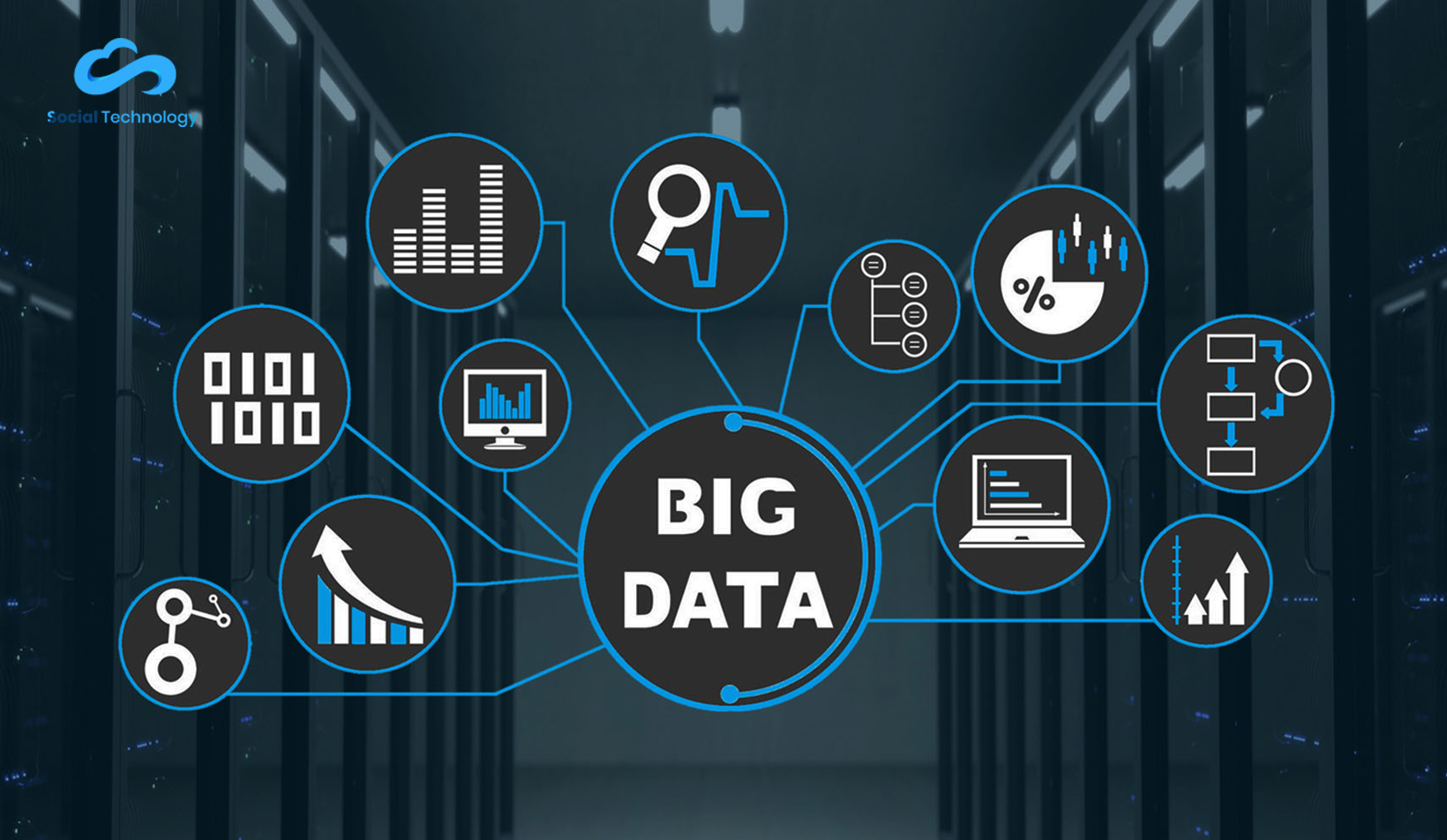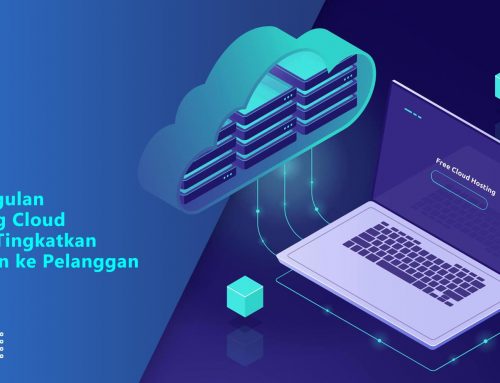The term big data has been very common nowadays for both business and common activities. The rapid use of internet in various forms lead to ever growing big data that, in turn, open as business leverage. Big data cloud computing emerges for optimizing the business opportunity.
Big data cloud combines big data and cloud computing. The cloud assists your efforts for processing and analysing your big data faster for further business insight. Putting them in a good tandem helps your company or organization achieving business goals faster and more efficiently.
Definition of Big Data
According to Gartner as read in thorntech.com, big data means high-volume, high-velocity and/or high-variety information assets that require cost-effective, innovative forms of information processing that allows for companies taking insight, making decision and doing process automation. Some of big data sources come from social media, sensors, business applications and others.
Elements of Big Data
Based on the definition, we can thus draw the following elements of big data:
- Volume
Big data contains such a huge volume of data. Collecting big data can be done by private companies, public agencies and other organizations. They carry out the data collection on a daily basis, making the overall data volume is large.
- Velocity
A big data can be piled up very fast. Utilize the attribute by processing and examining the data in such a speedy nature for producing useful information.
- Variety
Big data contains various data types, such as tweets, emails, images, videos and more. They need to be consumed and processed all the same.
- Veracity
Veracity ensures big data contains certain data that really benefit for your business. This quality plays vital role as big data takes up huge volume and diverse data.
There’s the fifth element, value, that will only come out when the right information is obtained and analysed. Below describe the bigness of big data:
- On a daily basis, over 1 billion Google searches are made and 294 billion emails are sent.
- Every minute, 65,972 Instagram photos are posted, 448,800 tweets are made and 500 hours worth of YouTube videos are uploaded.
- It is predicted the number of smartphone users may reach 6,1 billion.
- By 2020, there may be 26 billion connected devices by taking into account Internet of Things or IoT.
Impacts of Big Data Cloud Computing
At first, we need to understand the impacts of big data. According to a survey by New Vantage Partners, big data contributes up to 49.2% in reducing costs and 44.3% in driving innovation.
Big data cloud starts helping big data when you require methods for extracting data at a much larger scale. The cloud is necessary when your infrastructure is unable to keep up with the rapidly-increasing analytics requirements.
The general working scheme of big data cloud runs as this. Big data involves manipulating petabytes (and probably exabytes and zettabytes) of data. On the other hand, the cloud has scalable environment that makes it possible to deploy data-intensive applications that propel business analytics. Another benefit of the cloud system is that it simplifies connectivity and collaboration within an organization. This allows workers having more access to relevant analytics and streamlines data sharing.
Big data cloud computing presents big opportunities that come along with the big benefits of the combined method. Putting big data in the cloud requires zero capital expenditure or CAPEX investment. Utilizing the cloud’s Infrastructure-as-a-Service models have enabled companies to shift their biggest CAPEX expenses to the operating expenditure or OPEX column.
Big data cloud helps for faster scalability, which is really helpful for managing large volumes of both structured and unstructured data for producing increased processing power, storage and more.
Another advantage is lowering the cost of analytics. Big data cloud computing allows companies for saving costs related to system maintenance and upgrades, energy consumption, facility management and more.
The most important benefit of all probably lies on how big data cloud helps faster recovery when cyber attacks occur. Storing your data in the cloud enables your organization ensures continued access to information and vital big data insights.







Leave A Comment